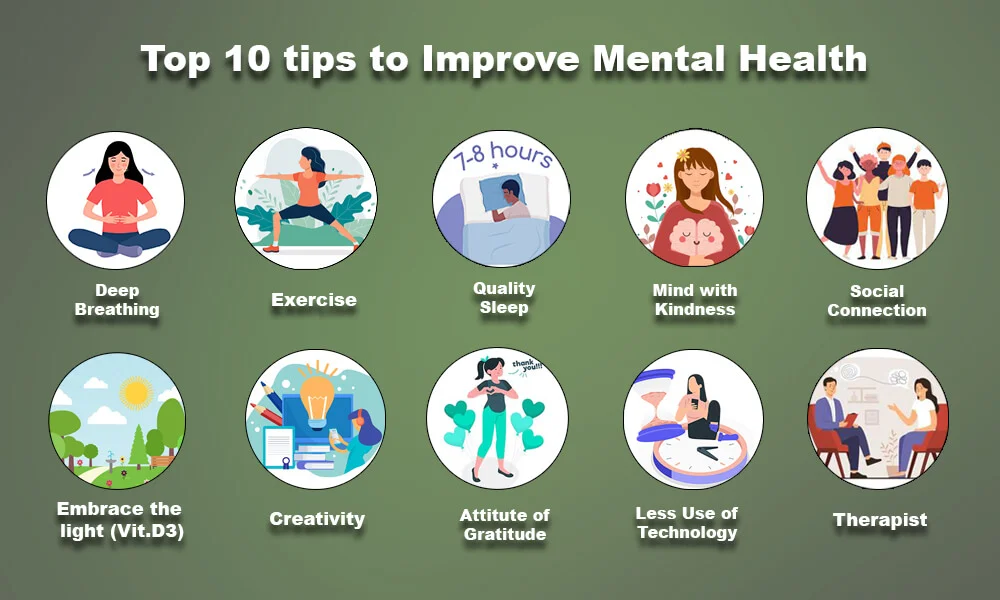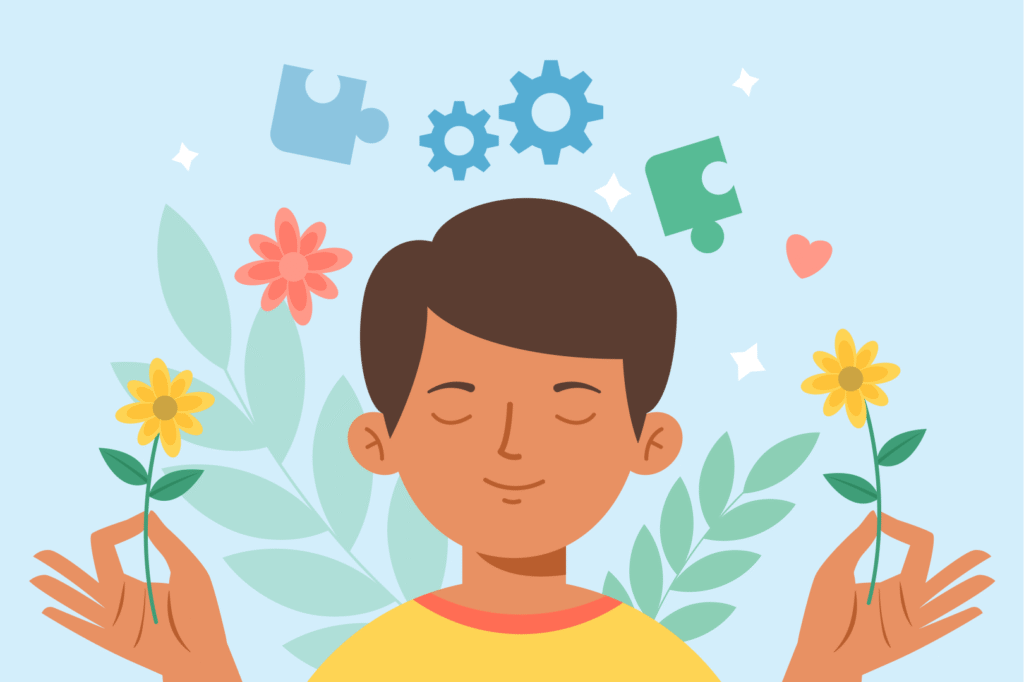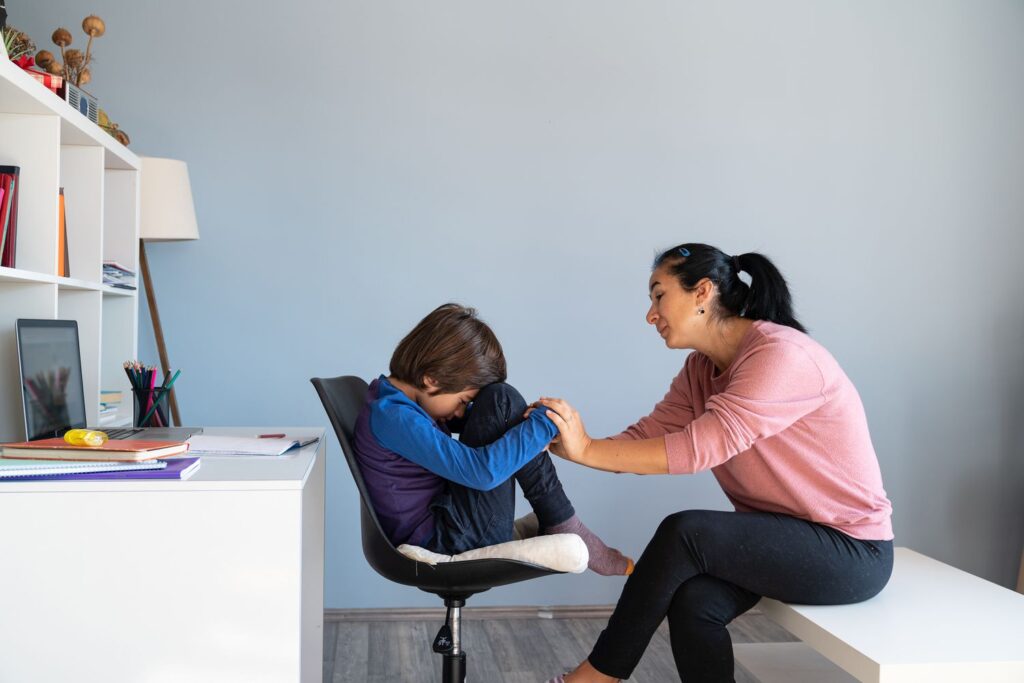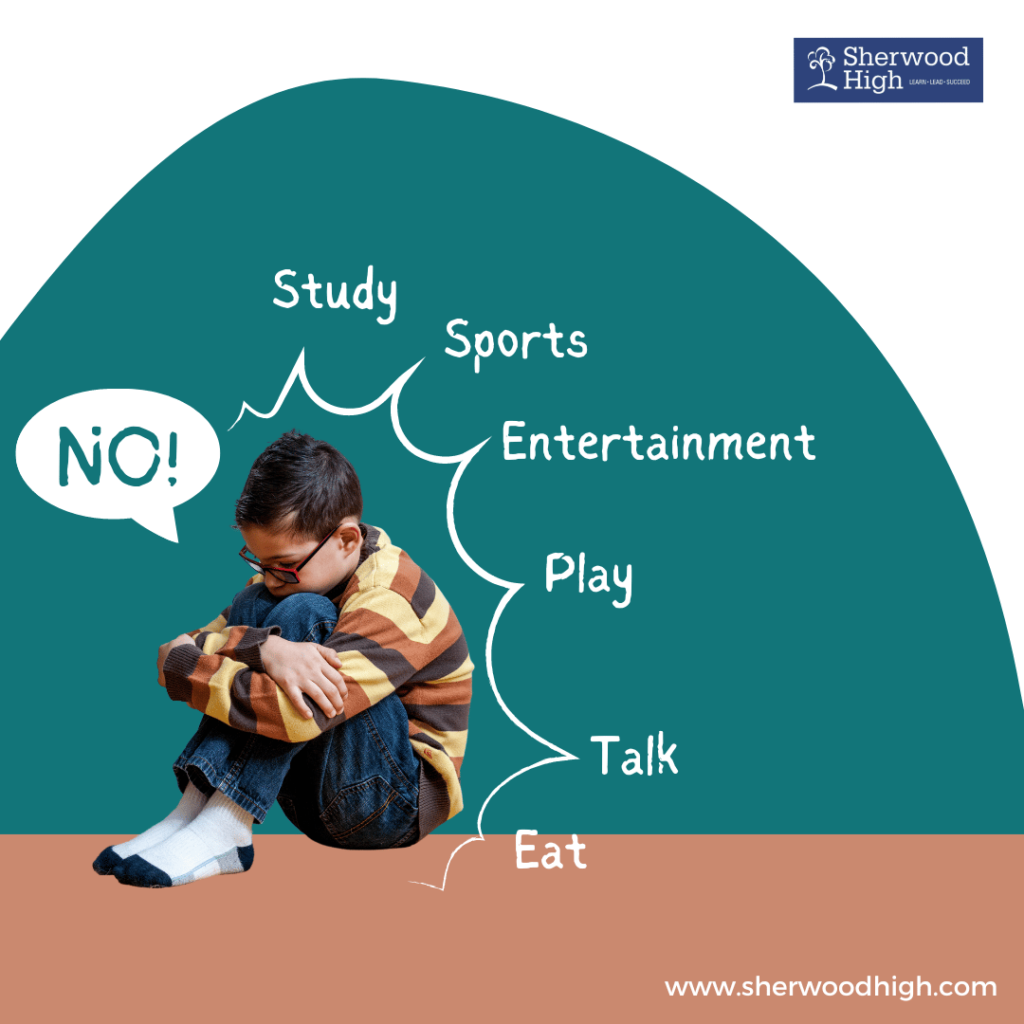How to Improve Mental Health: Simple Yet Effective Tips for a Happier You
As important as physical health is for us, we need to pay attention to mental health as well. But in today’s fast-paced world, we often ignore it, due to which people of all ages have to face stress, anxiety and emotional exhaustion. But the good news is that mental health can be improved with conscious effort, self-awareness, and the right support. Whether you’re a student, working professional, or a parent, taking care of your emotional well-being is essential for a balanced life. In this blog, we’ll explore practical and science-backed ways to improve mental health, build emotional resilience, and lead a more fulfilling life.
What is Mental Health?
Mental health refers to your emotional, psychological, and social well-being. It determines how you handle stress, relate to others, and make everyday choices. A person with good mental health can handle stress, maintain relationships, perform daily tasks, and make sound decisions. On the other hand, poor mental health can impact everything—from work performance to physical health and social life. That’s why it’s important to treat mental health as a priority and not as an afterthought.
Why Is Mental Health Important?
The basis of a healthy and balanced life is your mental health. It affects: How you handle stress Your ability to relate to others Your decision-making process How motivated or focused you feel Your sleep, eating habits, and energy levels At Kavach, we believe that just like physical checkups, mental health check-ins should be part of everyone’s routine.

How to Improve Mental Health: Tips You Can Start Today
1. Practice Self-Care Daily
Self-care is not selfish—it’s necessary. Taking out just 15–30 minutes a day for yourself can significantly improve your mental well-being.
Try this:
- Take a walk in nature
- Listen to calming music
- Journal your thoughts
- Practice mindfulness or meditation
Self-care routines create emotional balance and help you stay grounded during stressful times.
2. Build Healthy Relationships
Humans are social beings, and having a strong support system is crucial for mental health. Healthy relationships can improve your mood, reduce loneliness, and remind you that you’re not alone.
Quick Tip:
Make time to talk to friends or family, even if it’s just a short call. Connection matters
3. Limit Social Media and Screen Time
Excessive use of digital devices—especially scrolling through social media—can have a negative impact on your mental health. This can lead to stress, emotional exhaustion, and constant self-doubt.
Instead, spend that time doing something enriching like reading, painting, or playing a sport.
Remember:
Your mental health deserves a break from the constant noise.
4. Prioritize Sleep
Sleep and mental health are deeply connected. A tired mind cannot function properly, leading to irritability, anxiety, and lack of focus.
Tips for better sleep:
- Maintain a consistent sleep schedule
- Avoid screens 1 hour before bedtime
- Create a calming bedtime routine
Being well-rested and getting good sleep helps your brain stay more flexible, focused, and emotionally balanced throughout the day.
5. Exercise Regularly
Even a short walk of 20 minutes can make you feel refreshed and full of energy. Physical activity releases endorphins—your body’s natural stress relievers.
Best part? You don’t have to hit the gym. Yoga, dancing, cycling, or even stretching can improve mental health over time.
6. Practice Gratitude and Positive Thinking
What you focus on grows. Practicing gratitude trains your brain to notice what’s going well, instead of dwelling on negativity.
Gratitude Exercise:
Each night, write down 3 things you’re thankful for. This small habit can rewire your mindset over time.
7. Set Realistic
Clear goals give your life purpose and help build self-confidence.. However, unrealistic expectations can cause unnecessary stress.
Break big goals into small, manageable tasks.
Celebrate each step forward. Progress—not perfection—is the goal.
8. Talk to a Mental Health Professional
Sometimes, you need more than self-help tools—and that’s okay.
Therapists, counselors, and psychologists can help you:
- Understand your thoughts and emotions
- Heal from trauma or loss
- Build coping strategies
- Improve self-esteem and relationships
At Kavach, we offer one-to-one counseling sessions for children and teens who are facing emotional challenges, academic pressure, or bullying. Providing care to a child at an early stage can give the child a positive life direction in his/her future.

Signs You Might Need Mental Health Support
Everyone struggles sometimes, but here are signs that indicate you may benefit from talking to a therapist:
- Feeling persistently sad, anxious, or overwhelmed
- Changes in sleep or appetite
- Withdrawing from friends or activities
- Low self-worth or hopelessness
- Difficulty concentrating or making decisions
Asking for help shows courage, not weakness.
How Kavach Can Support You
Kavach is not just a name—it’s your safe space. We provide professional counseling and emotional guidance to children, teens, and parents. Whether your child is dealing with academic stress, bullying, relationship struggles, or emotional outbursts, we are here to walk with you every step of the way.
Our services include:
- Individual counseling sessions
- Emotion regulation techniques
- Mindfulness-based practices
- Parental support and guidance
Mental health is a journey, and you don’t have to go through it alone, you should have support every step of the way.

Final Thoughts
Good mental health doesn’t mean feeling happy all the time. It means having the ability to cope with life’s ups and downs, form healthy relationships, and feel at peace with yourself.
Start small. Be kind to yourself. And remember—help is always available.
If you or your loved one needs support, Kavach is here to help. It’s time to prioritise mental health, and break the silence.




